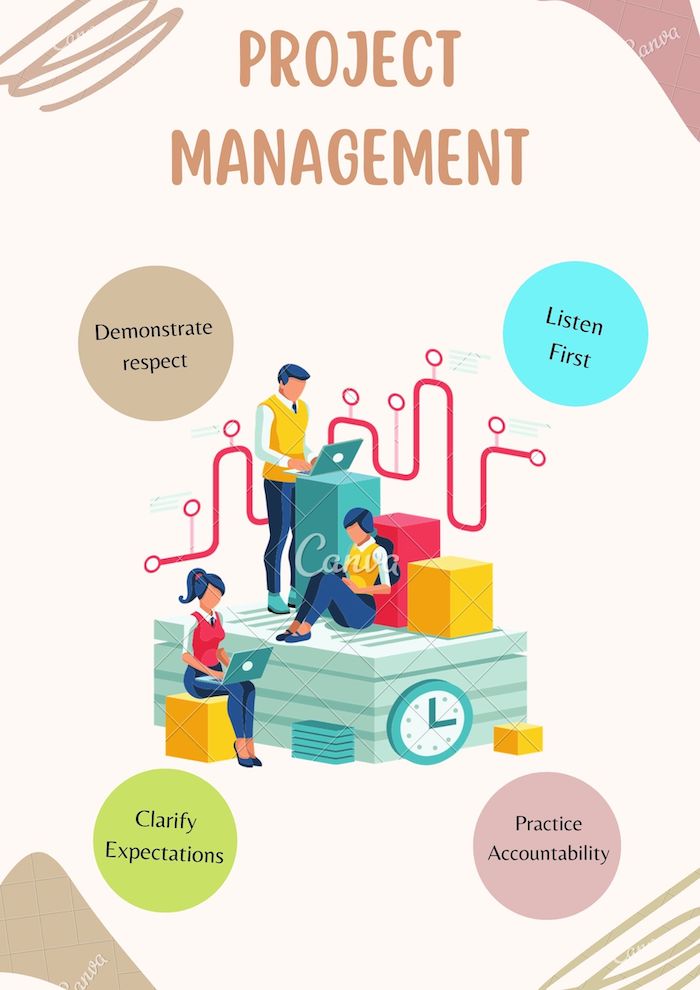We don’t manage logistics; we manage expectations.
We are not just doing things; we are doing with people.
Research shows project managers spent around 90% of their time communicating with *stakeholders.
What is the first thing project managers should do when starting a project? Due to time pressure, some will temp to jump immediately to scheduling. But in most cases, every stakeholder has different point of view in the beginning of a project.
To increase the project’s chances of success, here are some key highlights of the project management for your reference.
*stakeholder = the person who is involved or impacted by the project
Four Foundational Behaviors
4 Foundational behaviors when you lead a project:
> Demonstrate respect
> Listen first
> Clarify expectations
> Practice accountability
Five Project Management Phases
4 Phases – Project Management Framework
> Initiate
> Plan
> Execute
> Monitor & Control
> Close
The useful technique you can apply in every phase: Brainstorming!
Phase 1: Initiate
> Clarify expectations with all stakeholders.
> Ask open question, and list the specific and measurable *deliverables.
> Obtain all key stakeholders’ sign-off on the project scope statement (including project’s purpose, desired results, etc).
The key point in this phase is to get all stakeholders on the same page.
*deliverable = a product or service that is produced or provided as a result of a process
Phase 2: Plan
> Identify potential risk and make a risk management plan.
> Create a project schedule – work breakdown structure (WBS).
> Make a communication plan with key stakeholders – how & when.
Phase 3: Execute
> Hold regular meetings or have predictable communication (not random emotional things).
> Make everyone accountable to each other, not only to leaders.
Phase 4: Monitor & Control
When you lead a discussion…
> Ask. Don’t tell.
> Get straight to the point. Talk about things, not people.
> Get a brief update from each member.
> Never use the word “But” in the meeting. It’s a word to create excuses.
> Try to use “So” in the sentence. It helps get straight to the point.
When people fail to commitment…
> We always feel upset, frustrated, and angry. Try think first – write the plan down – then execute.
> Plan a conversation before conversation.
> Stick to the facts.
> Get down to the basics. Find the root cause.
Phase 5: Close
> Give closure and then everyone can move forward.
> Lessons learned.
